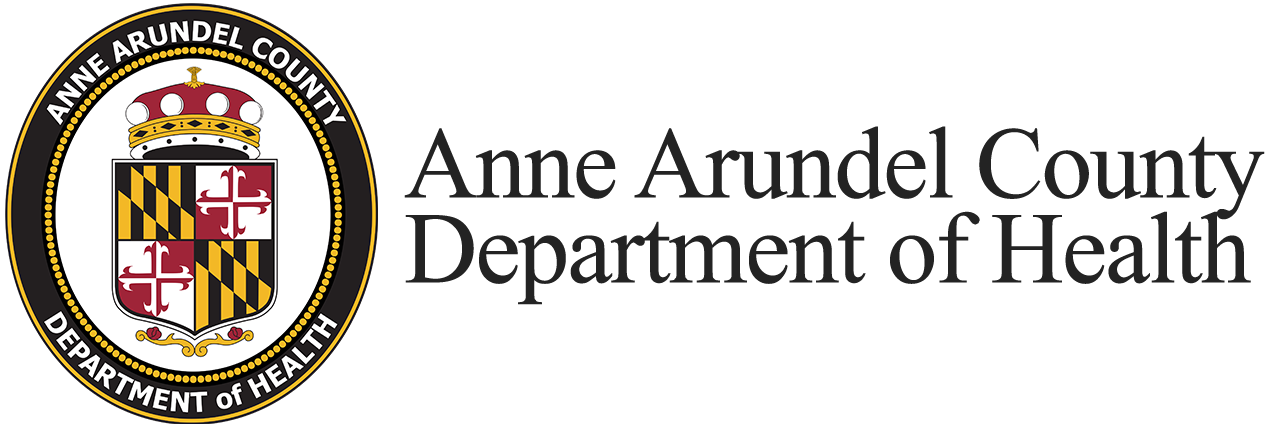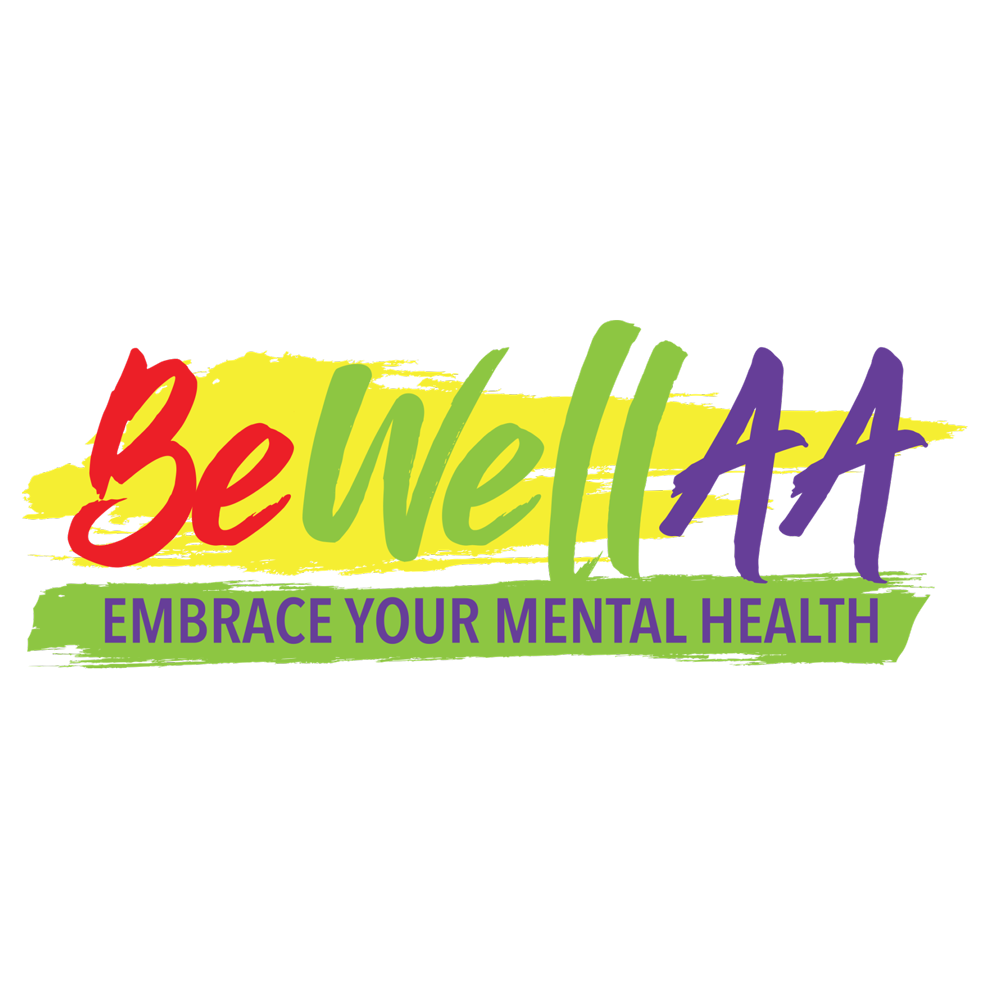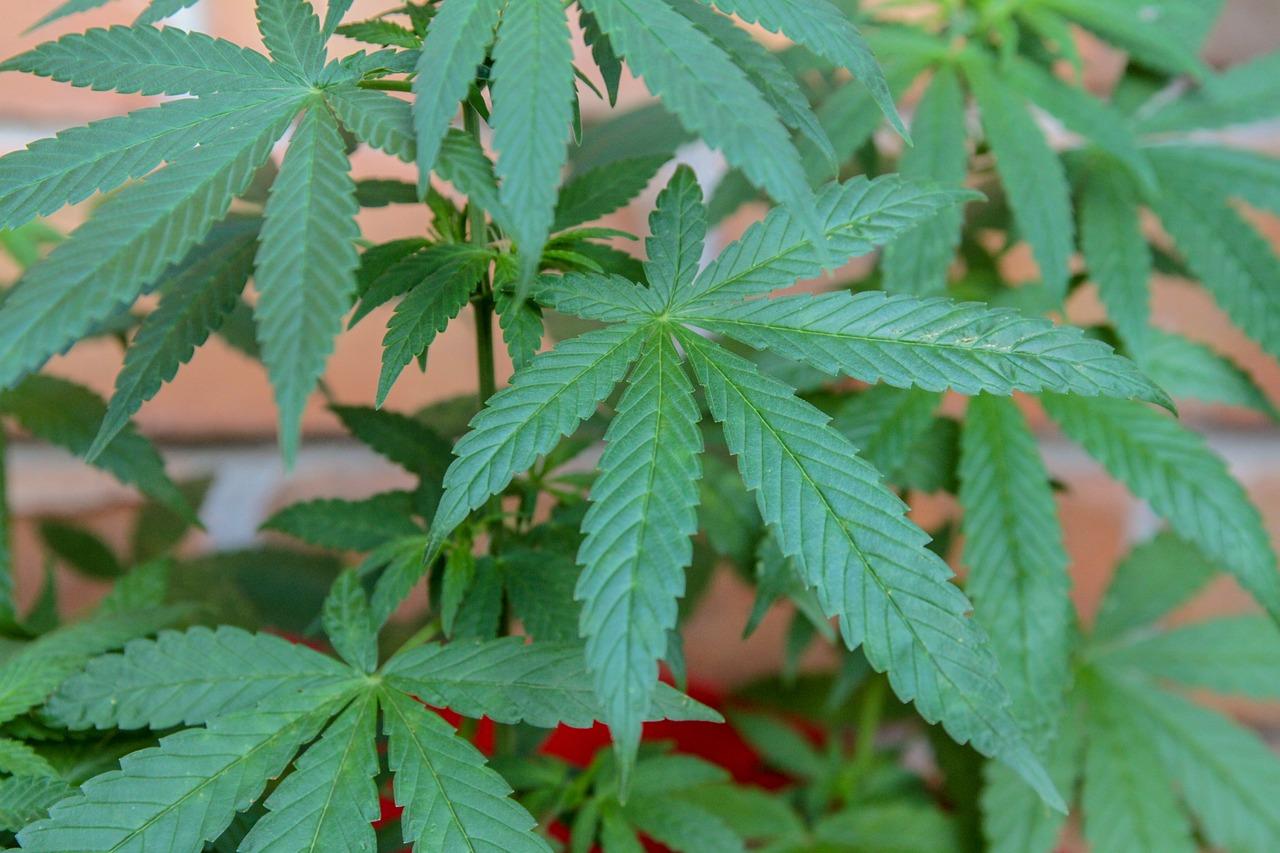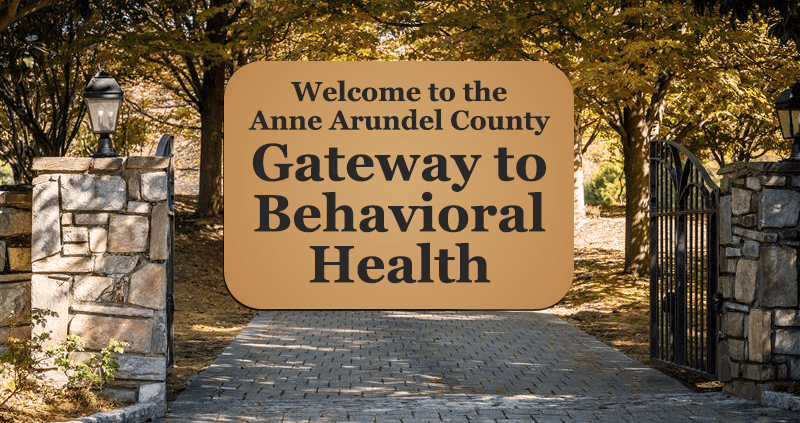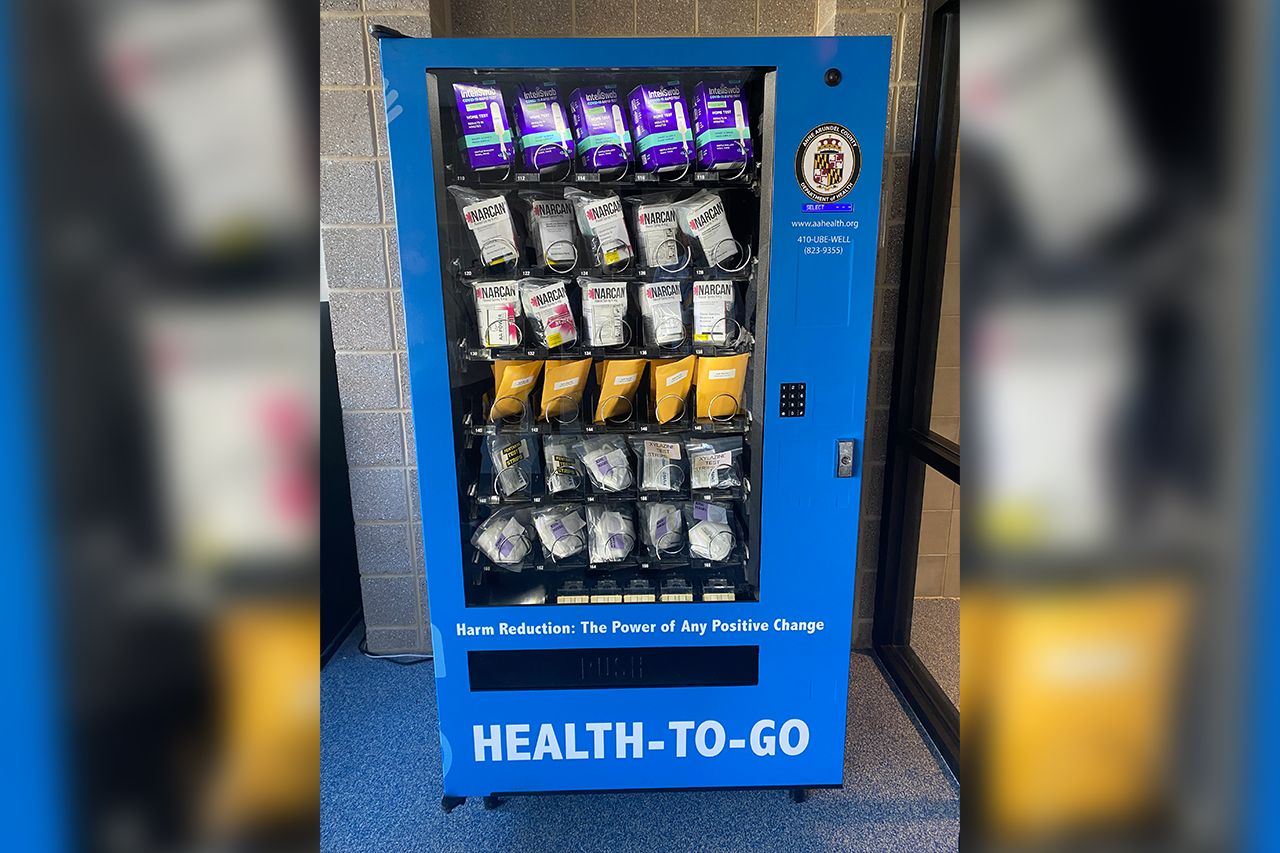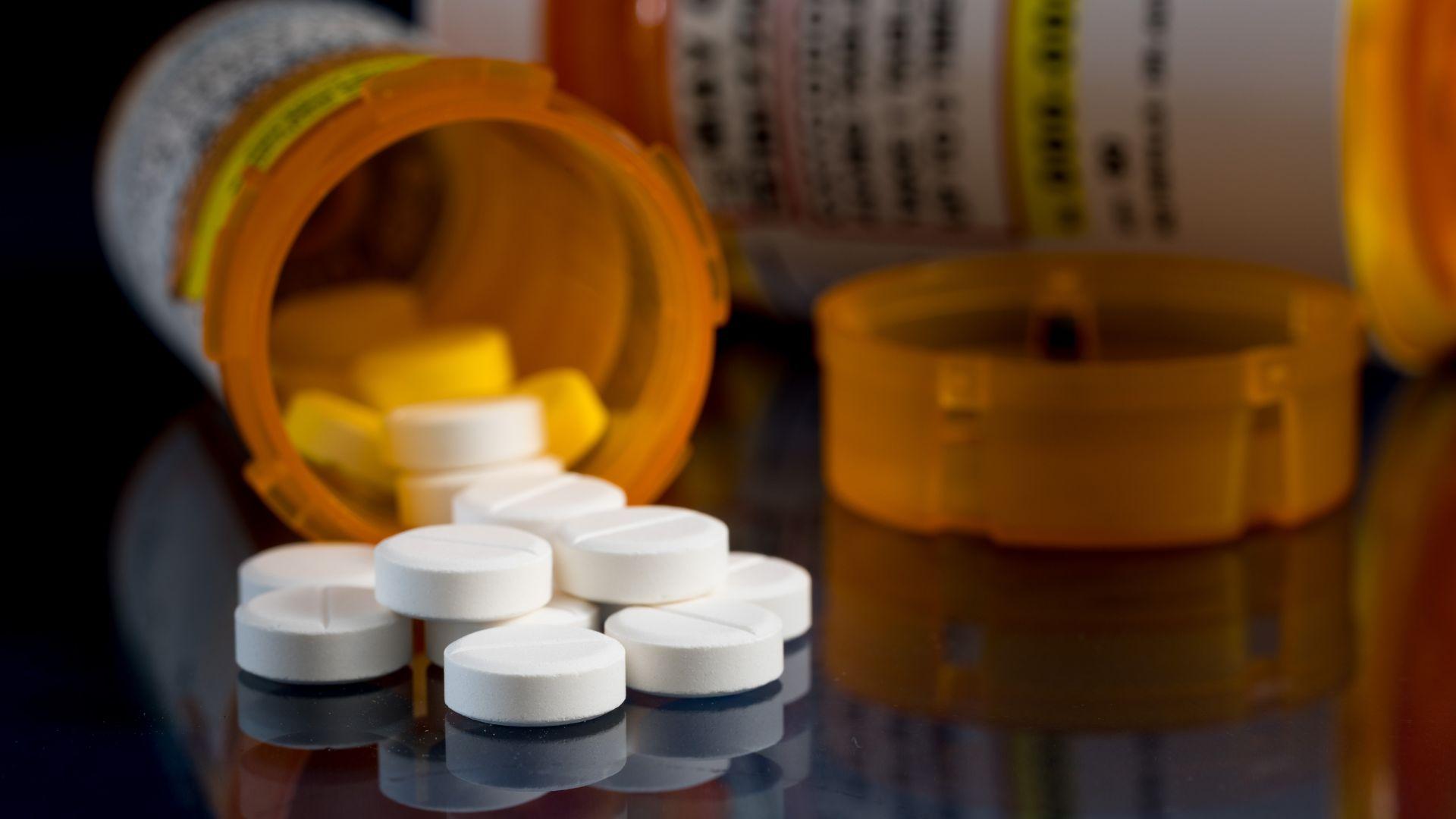The Behavioral Health Bureau offers five major programs: Adolescent and Family Services, Road to Recovery, System Planning and Management, Education and Prevention Services and Recovery Community Support Services. The Bureau also administers grants to provide for services addressing sexual assault, domestic violence and substance abuse.
Adolescent and Family Services
Adolescent and Family Services – 410-222-6785 – provides behavioral health services to children and their families, including both mental health and addictions treatment.
Road to Recovery
Road to Recovery provides outpatient medication-assisted treatment, including the use of methadone and buprenorphine, for opioid use disorder. The clinics hours are below. Monday - Friday
- Road to Recovery North Addictions Clinic – 410-222-0100 – 5:00 a.m. - 1:30 p.m.
- Road to Recovery South Addictions Clinic – 410-222-6001 – 5:00 a.m. - 1:30 p.m.
System Planning and Management
System Planning and Management – 410-222-0120 – partners with the criminal justice system and private substance abuse treatment programs to provide substance abuse assessments for offenders and treatment for those offenders who are indigent or incarcerated.
Treatment Referral Line – 410-222-0117 – 8:00 a.m. - 4:30 p.m.
Prevention and Education Services
Prevention and Education Services – 410-222-6724 – promotes public health by preventing alcohol and drug abuse in young people.
Naloxone Training and Resources – 410-222-1937 – 8:00 a.m. - 4:30 p.m.
Recovery Community Support Services
Recovery Community Support Services – 410-222-7076 – helps substance abuse treatment clients obtain the resources and skills they need to transition successfully from treatment to sustained recovery.
